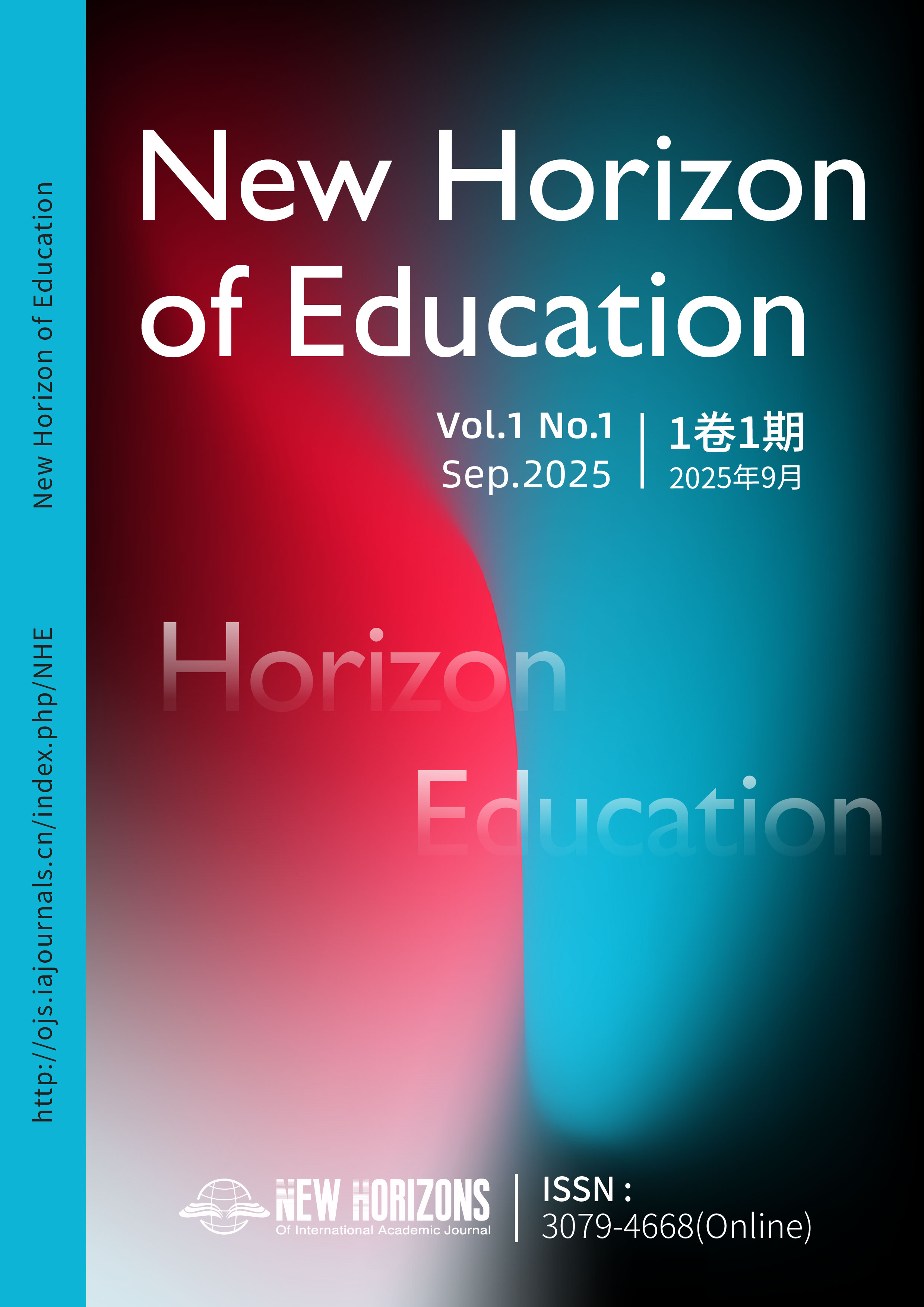Zheng Jiani (Author)
Xinjiang Normal University
Wang Nan (Author)
Xinjiang Normal University
Zhang Yulu (Author)
Xinjiang Normal University
Populus euphratica Spirit, borderland education, dedication and perseverance, talent cultivation
15-09-2025
Anchored in the strategic roles that China’s border regions play in safeguarding territorial integrity, advancing ethnic integration, and guaranteeing national defense, this study underscores education as the linchpin for regional stability and prosperity. It distills the Populus euphratica spirit into three core dimensions—tenacity, dedication, and adaptability—and systematically diagnoses the formidable challenges confronting borderland education: resource scarcity, cultural complexity, outdated educational mindsets, and persistent brain drain. Empirical findings reveal that the Populus euphratica spirit furnishes local educators with powerful moral impetus, motivating them to remain at their posts, surmount hardships, and innovate in practice—most notably through the development of ethnically responsive curricula and the adoption of distance-learning technologies. Such efforts have proven indispensable in cultivating indigenous talent, preserving ethnic cultures, fostering national unity, and fueling socio-economic development along the frontier. The study contends that promoting this spirit is pivotal for rallying educational forces, stabilizing teaching corps, and sustaining the long-term development of borderland education. Correspondingly, it proposes four targeted strategies—intensified ideological outreach, improved teacher remuneration and career prospects, robust incentive mechanisms, and expanded collaboration between border and inland institutions—to furnish both theoretical guidance and actionable pathways for the advancement of education in China’s border regions.
 PDF (Chinese)
PDF (Chinese)
Copyright (c) 2025 New Horizon of Education

This work is licensed under a Creative Commons Attribution 4.0 International License.